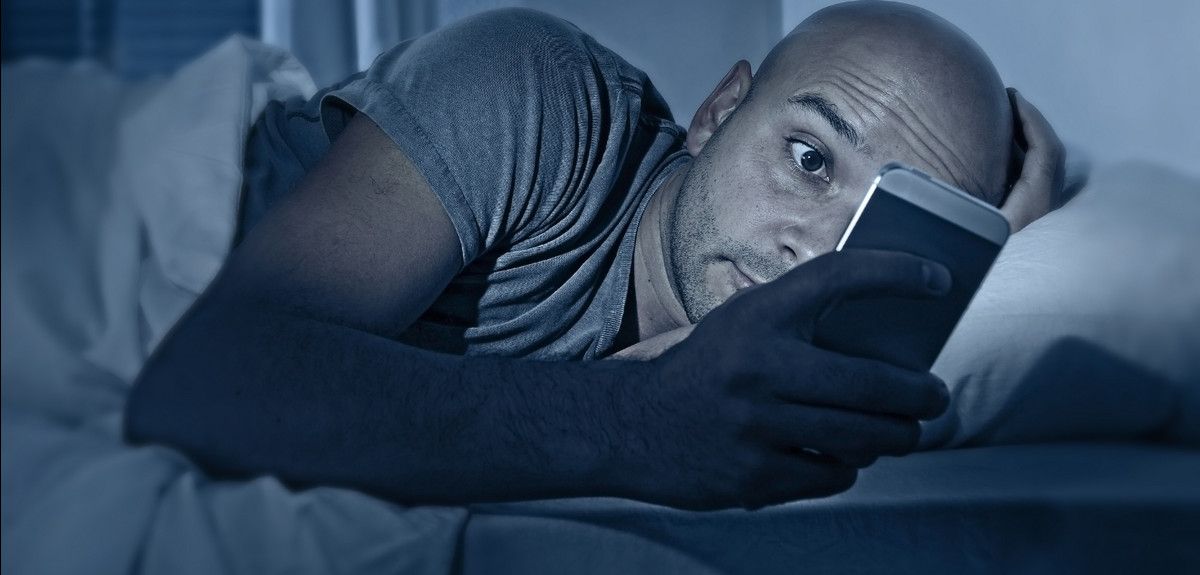
Public missing out on a night’s worth of sleep every week
The Royal Society for Public Health (RSPH) has warned that the UK public is under-sleeping by an average of almost an hour every night – which amounts to losing an entire night's sleep over the course of a week. The report was prepared with the help of Oxford University expertise. As a result, RSPH experts are calling for the introduction of national sleep guidance time – 'a slumber number' – to help inform the public about the critical importance of sleep to health and wellbeing.
The report, 'Waking up to the health benefits of sleep', co-authored by Oxford University sleep expert Professor Colin Espie, calls on the Government, employers, and individuals to do more to promote good quality sleep to protect and promote the public’s health and wellbeing.
The importance of sleep for individual and societal benefit has been almost completely neglected in both policy and practice.
Professor Colin Espie, Sleep and Circadian Neuroscience Institute
RSPH polling has also shown that the public feel getting enough sleep is the second most important activity for optimising their health and wellbeing, ahead of important health behaviours such as eating five fruit and vegetables a day, undertaking enough physical activity, and sticking to recommended alcohol guidelines. In fact, sleep was ranked second only behind not smoking. RSPH's poll of 2,000 UK adults also revealed:
- Average sleep time is 6.8 hours, below the average 7.7 hours people feel they need
- More than half (54%) have felt stressed as a result of poor sleep
- More than a third (36%) have eaten unhealthy food as a result of poor sleep
- Almost four in 10 (37%) have fallen asleep on public transport
- Around one in 20 (4%) have fallen asleep during sex
Risks of getting too little sleep
Shirley Cramer CBE, Chief Executive of RSPH, said: 'We need to wake up to the benefits of sleep - there is a wealth of evidence that lack of sleep is damaging the public's health. Poor sleep and sleep disorders impact on our ability to lead a healthy lifestyle and are associated with a range of diseases such as cancer, diabetes and heart attack.
'Our research shows there is a yawning gap in how much sleep the public are getting compared to how much they need – this could be as much as one night’s worth of sleep every week. Efforts to combat this shortfall could be as critical to optimising our health and wellbeing as maintaining an active lifestyle or having a healthy diet. A good starting point would be for the Government to ensure a Minister has cross-departmental responsibility for this issue and that in turn a national sleep strategy is published which sets out guidance for the public and what more schools, employers, and healthcare professionals can do to ensure the nation sleeps better at night.'
Professor Colin Espie, Professor of Sleep Medicine at the University of Oxford, said: 'The importance of sleep for individual and societal benefit has been almost completely neglected in both policy and practice. Insomnia, the most common expression of mental disease is like a Cinderella disorder – seldom receiving proper attention, despite the fact that it is the most treatable pre-cursor to depression.
'I'm delighted to be associated with this report on the nation’s sleep, and I look forward to addressing the challenges it sets with anyone in authority who will listen. There is actually a great opportunity to put contemporary sleep research findings to work for public good, and I’m sure the population at large would agree and would thank us for adding sleep to the nation’s health agenda.'
 Cambridge victorious in Women's and Men's Boat Races 2025
Cambridge victorious in Women's and Men's Boat Races 2025
 Expert Comment: Ethical and legal challenges of uterus transplants in Mexico
Expert Comment: Ethical and legal challenges of uterus transplants in Mexico
 Oxford Humanities team delivers framework for tackling modern slavery and human trafficking
Oxford Humanities team delivers framework for tackling modern slavery and human trafficking